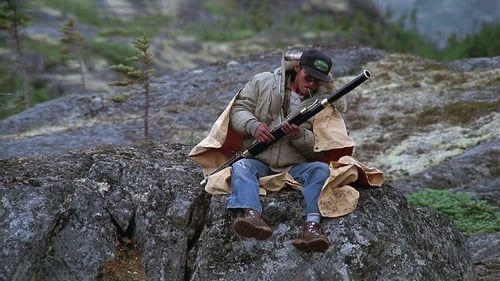
Producer
A scientific researcher, sent on a government study: The Lupus Project, must investigate the possible "menace" of wolves in the north. To do so, he must survive in the wilderness for six months on his own. In the course of these events, he learns about the true beneficial and positive nature of the wolf species. Based on the book and true story by Farley Mowat.

Producer
Bosco Hogan plays Joyce's alter-ego, Stephen Daedelus, growing up in Ireland in the early part of the 20th century, and at odds with the strictures of his Catholic home and family. The film charts his search for knowledge and understanding, during a decline in his family's circumstances, that leads him to revelations on the nature of art, beauty and politics. However his personal renaissance makes him feel unwelcome in his own country, and forces him to make a choice between exile as artist or staying and facing personal defeat.

Director
Bosco Hogan plays Joyce's alter-ego, Stephen Daedelus, growing up in Ireland in the early part of the 20th century, and at odds with the strictures of his Catholic home and family. The film charts his search for knowledge and understanding, during a decline in his family's circumstances, that leads him to revelations on the nature of art, beauty and politics. However his personal renaissance makes him feel unwelcome in his own country, and forces him to make a choice between exile as artist or staying and facing personal defeat.
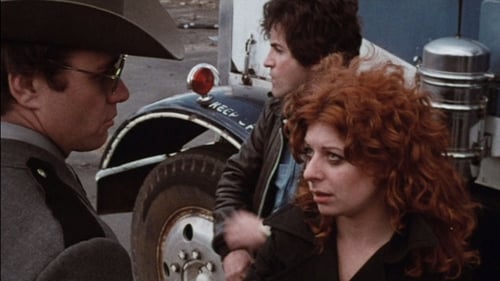
Story
Gil and Hank are two independent truckers who run into problems when they are forced to pay off traffic managers to get loads. They also have to pay off highway cops when their rigs are overweight and bank loans but consider themselves lucky just to be able to keep up the interest payments. Add to that a small, frizzy-wigged highway hooker named Janice, who tempts them with her lurid charms.

Director
Gil and Hank are two independent truckers who run into problems when they are forced to pay off traffic managers to get loads. They also have to pay off highway cops when their rigs are overweight and bank loans but consider themselves lucky just to be able to keep up the interest payments. Add to that a small, frizzy-wigged highway hooker named Janice, who tempts them with her lurid charms.

Producer
The story of Charles Darwin's journey on The Beagle.

Producer
Interviews with five former American soldiers who were present at the March 16, 1968 attack on the village of My Lai during the Vietnam War; they discuss the orders that were issued leading up to the attack, their expectations of what they would find there, and the subsequent massacre of the inhabitants and destruction of the village, as well as possible motivations for the killings and rapes which took place.

Writer
Interviews with five former American soldiers who were present at the March 16, 1968 attack on the village of My Lai during the Vietnam War; they discuss the orders that were issued leading up to the attack, their expectations of what they would find there, and the subsequent massacre of the inhabitants and destruction of the village, as well as possible motivations for the killings and rapes which took place.

Director
Interviews with five former American soldiers who were present at the March 16, 1968 attack on the village of My Lai during the Vietnam War; they discuss the orders that were issued leading up to the attack, their expectations of what they would find there, and the subsequent massacre of the inhabitants and destruction of the village, as well as possible motivations for the killings and rapes which took place.
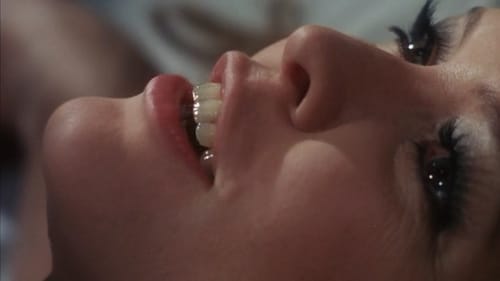
Producer
Expat American writer Henry Miller hustles his way through Paris in a series of amorous encounters while trying to find his literary voice.

Screenplay
Expat American writer Henry Miller hustles his way through Paris in a series of amorous encounters while trying to find his literary voice.

Director
Expat American writer Henry Miller hustles his way through Paris in a series of amorous encounters while trying to find his literary voice.
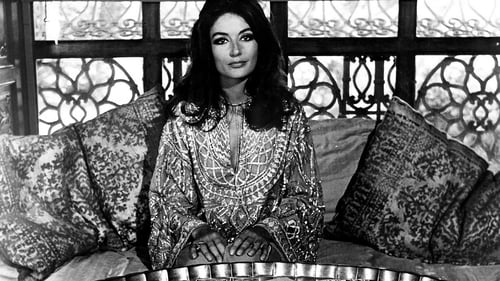
Director
In Alexandria, in 1938, Darley, a young British schoolmaster and poet, makes friends through Pursewarden, the British consular officer, with Justine, the beautiful and mysterious wife of a Coptic banker. He observes the affairs of her heart and incidentally discovers that she is involved in a plot against the British, meant to arm the Jewish underground in Palestine. The plot finally fails, Justine is sent to jail and Darley decides to return to England.
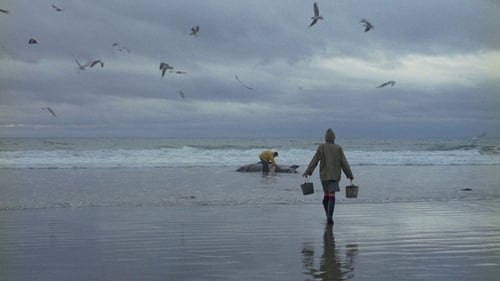
Producer
Stuck in a dead-end job, Graham Merrill adopts an otter, Mij, as a pet and then moves to an isolated village in western Scotland. Together they set out to explore the curious and magnificent natural wonders that surround their seaside home. Soon, Graham finds himself falling in love with the beautiful town doctor, Mary. Before long, the three become inseparable friends.

Associate Producer
Eagles are the channel to the spirit world for a Hopi Indian boy who defies tribal law and frees a sacred, sacrificial eagle. He is banished from his village to the wilderness, but the eagle teaches him hunting skills and cares for him. He eventually returns, only to be bullied and taunted by the other village boys.
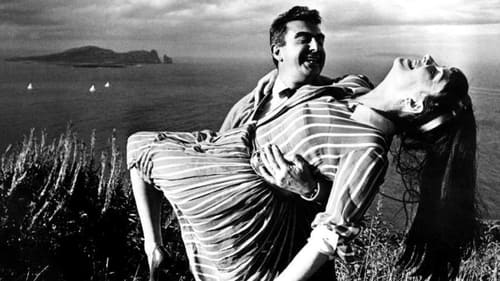
Screenplay
Dublin; June 16, 1904. Stephen Dedalus, who fancies himself as a poet, embarks on a day of wandering about the city during which he finds friendship and a father figure in Leopold Bloom, a middle-aged Jew. Meanwhile, Bloom's day, illuminated by a funeral and an evening of drinking and revelry that stirs paternal feelings toward Stephen, ends with a rapprochement with Molly, his earthy wife.

Producer
Dublin; June 16, 1904. Stephen Dedalus, who fancies himself as a poet, embarks on a day of wandering about the city during which he finds friendship and a father figure in Leopold Bloom, a middle-aged Jew. Meanwhile, Bloom's day, illuminated by a funeral and an evening of drinking and revelry that stirs paternal feelings toward Stephen, ends with a rapprochement with Molly, his earthy wife.

Director
Dublin; June 16, 1904. Stephen Dedalus, who fancies himself as a poet, embarks on a day of wandering about the city during which he finds friendship and a father figure in Leopold Bloom, a middle-aged Jew. Meanwhile, Bloom's day, illuminated by a funeral and an evening of drinking and revelry that stirs paternal feelings toward Stephen, ends with a rapprochement with Molly, his earthy wife.

Director
A picture of politicians under pressure, shot during the 1966 elections in Britain. The camera goes to meetings up and down the land, with an eye on angry audience excitement. The result, dramatically and cogently edited, suggests the heat, rather than the light of a campaign. It is crammed with offbeat observation and fascinating sidelights on the techniques of leading politicians in combating commotion
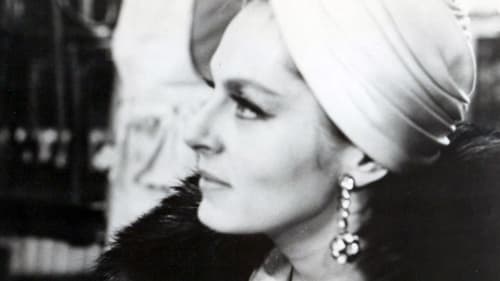
Associate Producer
A neurotic woman, her unhappy husband and three other New Yorkers share a complicated relationship.
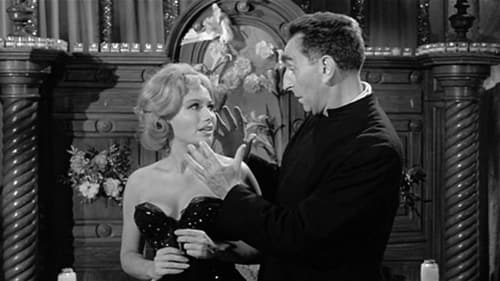
Producer
Shelley Winters is the madam of a house where customers play out their erotic fantasies, oblivious to a revolution that is sweeping the country. When her old friend, the chief of police (Peter Falk), asks her to impersonate the missing queen in order to reassure the people and halt the revolution, she offers instead three of her customers to play the general, bishop, and chief justice, all of whom have died in the revolution.

Director
Shelley Winters is the madam of a house where customers play out their erotic fantasies, oblivious to a revolution that is sweeping the country. When her old friend, the chief of police (Peter Falk), asks her to impersonate the missing queen in order to reassure the people and halt the revolution, she offers instead three of her customers to play the general, bishop, and chief justice, all of whom have died in the revolution.
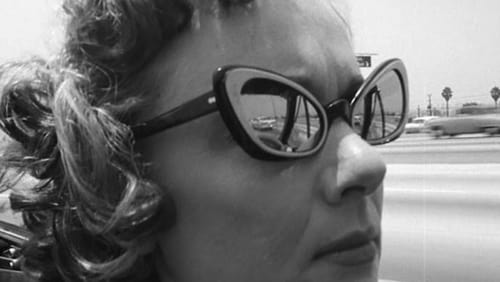
Producer
A journey through the dark side of 1950s Los Angeles. "The Savage Eye" is largely composed of documentary street footage, which, when coupled with its dramatized material, takes the form of a hybrid narrative about a divorcee who escapes to L.A. to eviscerate her past -- and all notions of love and faith -- with a boozy, cynical abandon.

Writer
A journey through the dark side of 1950s Los Angeles. "The Savage Eye" is largely composed of documentary street footage, which, when coupled with its dramatized material, takes the form of a hybrid narrative about a divorcee who escapes to L.A. to eviscerate her past -- and all notions of love and faith -- with a boozy, cynical abandon.

Director
A journey through the dark side of 1950s Los Angeles. "The Savage Eye" is largely composed of documentary street footage, which, when coupled with its dramatized material, takes the form of a hybrid narrative about a divorcee who escapes to L.A. to eviscerate her past -- and all notions of love and faith -- with a boozy, cynical abandon.

Producer
Marty is a shipping clerk in the garment district and a wise guy trying to cut corners and get by on angles, and not very good at it. He meets Helen and decides to change his ways, but lack of patience in slow-progress jobs leads him to become involved with a neighborhood gang.

Director
Marty is a shipping clerk in the garment district and a wise guy trying to cut corners and get by on angles, and not very good at it. He meets Helen and decides to change his ways, but lack of patience in slow-progress jobs leads him to become involved with a neighborhood gang.

Director
Muscle Beach was shown in competition at Cannes in 1949 and won a prize at the Edinburgh International Film Festival in 1951. The short became a cult favorite, screening at film clubs around the world. Strick used an army surplus movie camera to shoot the film during weekends in the fall of 1948. The songs in “Muscle Beach,” composed and sung by political folk singer Earl Robinson, with lyrics by screenwriter and poet Edwin Rolfe, accent the film’s three-movement structure as it transitions between soaring gymnastics shows, flirty beachgoers and children playing near the now-demolished pier at Ocean Park.


























